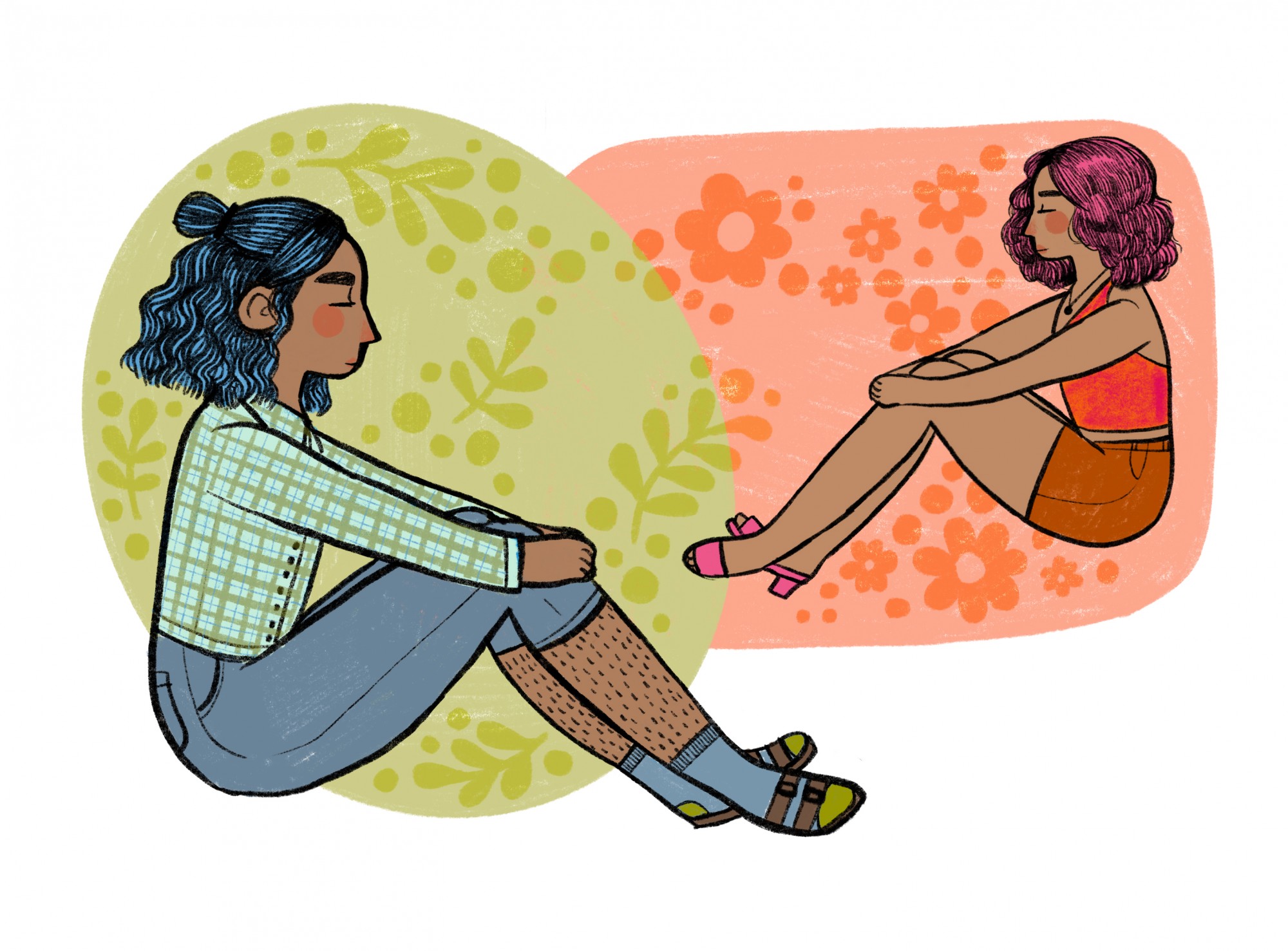Among other survival skills uniquely adapted by the socially awkward and introverted, I employ a tactic affectionately dubbed “the bold confession.” This has the marvelous result of abruptly ending conversations. Small talk on the light rail and interactions with overzealous acquaintances can be entirely avoided with a few short phrases. My repertoire includes: complaining about the struggles of head lice, breaking down into tears about an ex from middle school, and my personal favorite — declaring myself as a feminist.
With some, “feminism” can garner a bad reaction. It’s perceived as synonymous with a high degree of radicalism. However, feminism is hardly a profound concept. Feminists strive for the equal rights of all women — regardless of ethnicity, sexual orientation, socioeconomic class or ability, but this does not inherently endanger the rights of others. Let’s debunk a few common misconceptions.
First of all, under no circumstance does feminism relate to the “hatred of men.” This year, females hold less than 25 percent of seats in the U.S. Congress, Senate and House. Male policymakers have disproportionate control over issues related to women’s reproductive rights, workplace equity and sexual violence prevention. However, this does not mean that every policy issue is the fault of men. For example, in May 2019, Alabama attempted to enforce a bill called the “Human Life Protection Act” to force the Supreme Court to revisit Roe v. Wade. The bill’s Republican representative, Terri Collins, and endorsing governor, Kay Ivey, were both women. The enemy itself is not men but the institutions in which women are made to be subordinates.
Feminists don’t aim to dismantle the “traditional family structure.” Although we are often represented by celebrity elites and female world leaders, we aim to achieve equal rights for women of every background. We aren’t concerned with whether women opt for medicine, management, the military, or stay-at-home parenting. However, it is our priority that women, even those who do not choose traditionally professional careers, are able to maintain a minimum level of financial security. In 1977, feminist activists helped secure IRA access for stay-at-home moms, allowing them to save for retirement independently of their spouses. Our interests range from equal division of assets and credit security for stay-at-home moms to professional equality for women in the workplace. We strive to achieve female independence regardless of marital or employment status.
Feminism does not require a particular outward persona. Feminists can be feminine if they choose, but don’t believe femininity is reduced to material items and age-old stereotypes. Whether we prefer stilettos to Birkenstocks, shaved legs to fuzzy ones, feminists are united in the belief that our bodies are not accessory details in another narrative, but tools for our own personal empowerment. The word “feminism” should not be inherently threatening or unattractive, unless the word “equality” is too.












